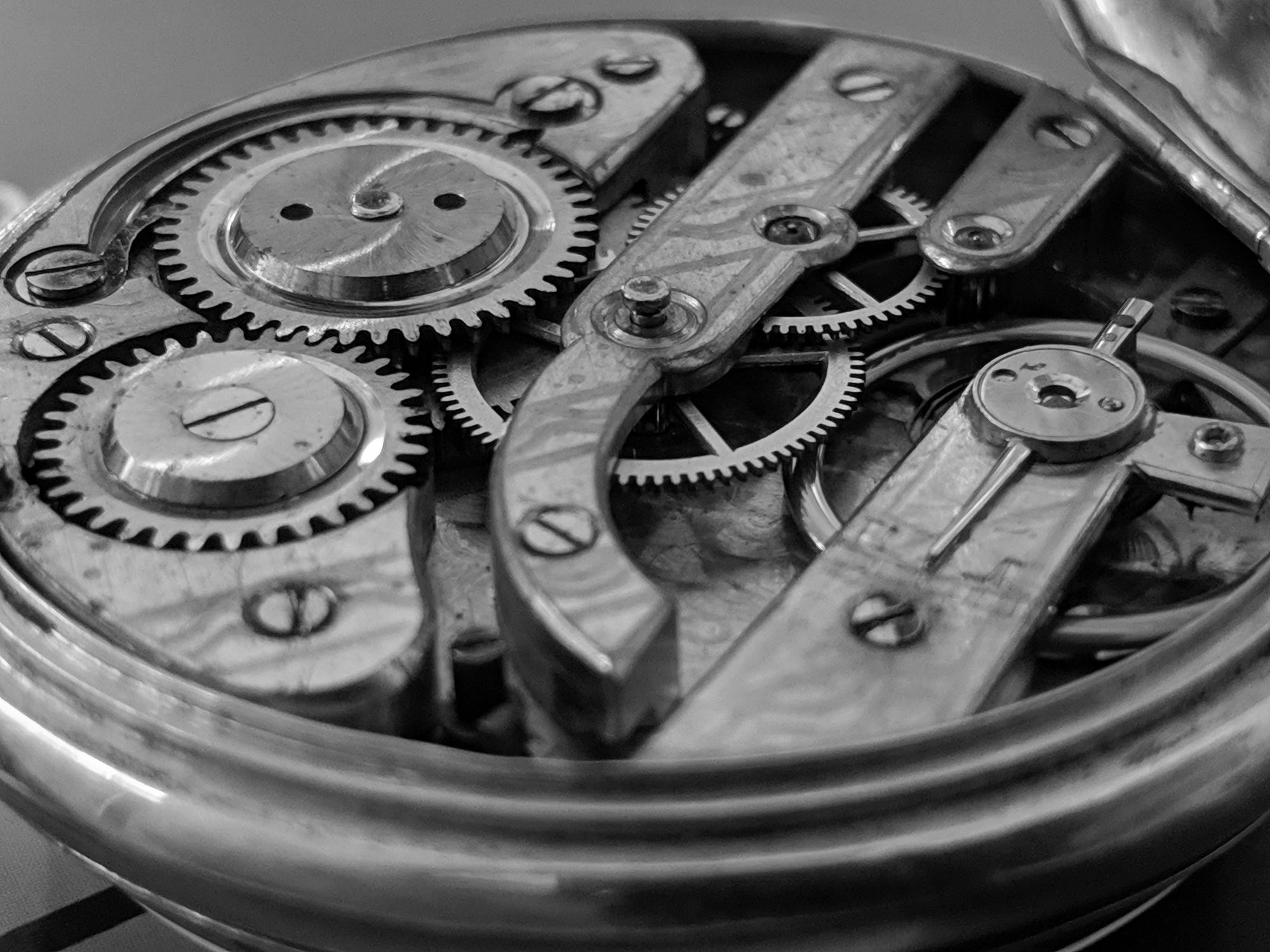When choosing a watch, one of the fundamental decisions you'll face is whether to opt for an automatic or a quartz movement. Both types have their unique features, benefits, and drawbacks. Understanding these can help you make an informed decision about which watch movement is right for you. Let's delve into the key differences between automatic and quartz watches.
Automatic watches, also known as self-winding watches, operate without a battery. Instead, they harness the kinetic energy from the wearer's wrist movement to wind the mainspring, which powers the watch. The intricate mechanics involved in this process are a marvel of engineering.
Automatic watches are often celebrated for their intricate craftsmanship. The complexity and precision involved in their design and assembly are highly valued by watch enthusiasts.
The second hand of an automatic watch moves in a smooth, sweeping motion, unlike the ticking motion found in quartz watches. This is often seen as a hallmark of a high-quality timepiece.
Since they don’t require batteries, automatic watches eliminate the need for battery replacements, which is both convenient and environmentally friendly.
Disadvantages
Automatic watches require regular maintenance to ensure their accuracy and longevity. This includes servicing every few years to clean and lubricate the movement.
Generally, automatic watches are more expensive than quartz watches due to the intricate craftsmanship involved.
While highly accurate, automatic watches can be slightly less precise than quartz watches and may lose or gain a few seconds per day.
Quartz watches use a battery to power a small quartz crystal oscillator. The crystal oscillates at a precise frequency, which is used to regulate the movement of the watch hands. This technology allows quartz watches to keep very accurate time.
Quartz watches are known for their exceptional accuracy, often only losing or gaining a few seconds per month.
Low Maintenance: Aside from occasional battery replacements, quartz watches require minimal maintenance, making them a hassle-free option.
Affordability: Quartz watches are generally more affordable than their automatic counterparts, making them accessible to a wider range of consumers.
Disadvantages
Quartz watches typically lack the intricate craftsmanship and mechanical complexity of automatic watches, which may be less appealing to watch enthusiasts.
Battery Dependency: The need for battery replacements can be inconvenient, especially if the watch stops working unexpectedly.
Choosing the Right Watch for You
When deciding between an automatic and a quartz watch, consider the following factors:
Think about when and where you'll be wearing the watch. If you need a highly accurate, low-maintenance timepiece for everyday use, a quartz watch might be the best choice. If you appreciate the artistry and tradition of watchmaking and don’t mind the occasional maintenance, an automatic watch could be more suitable.
Determine your budget before making a decision. Quartz watches are typically more affordable, while automatic watches can range from moderately priced to very expensive, depending on the brand and complexity.
Style and Preference: Consider your personal style and preferences. Do you value the smooth, sweeping movement of an automatic watch? Or do you prioritize the precision and convenience of a quartz watch?
Both automatic and quartz watches have their own unique advantages and disadvantages. The right choice for you will depend on your personal preferences, lifestyle, and budget. By understanding the key differences between these two types of watch movements, you can make an informed decision and find a timepiece that perfectly suits your needs and style.
